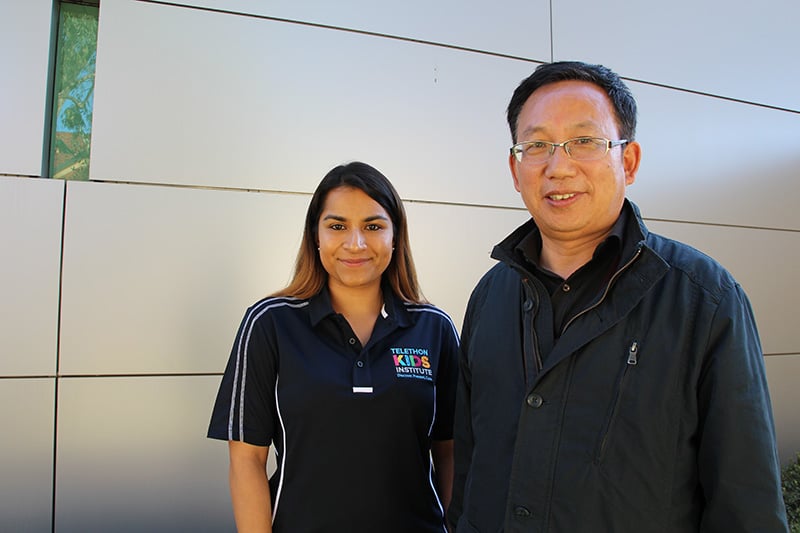Search
Characterization of the complete IgE binding spectrum of cat allergens is important for the development of improved diagnosis and effective immunotherapeutics.
When the allergen nomenclature system was adopted in 1986, allergens were identified by their behavior on electrophoresis and chromatography...
While it is known that the anti-inflammatory effects of interleukin (IL)-4 require new protein synthesis, the exact mechanisms by which IL-4 suppresses the prod
Scabies, a parasitic skin infestation by the burrowing "itch" mite Sarcoptes scabiei, causes significant health problems for children and adults worldwide.
Bacterial colonisation of the airways is associated with increased risk of childhood asthma

Honorary Emeritus Fellow; Scientific Reviewer - Animal Ethics

Chinese immigrants who live in a Western environment like Australia have an increased risk of allergies, hay fever and asthma, new research led by Curtin University and The Kids Research Institute Australia has found.

new research at The Kids Research Institute Australia will look at the diets of mums to see if regularly eating more eggs or peanuts during pregnancy and while breastfeeding
